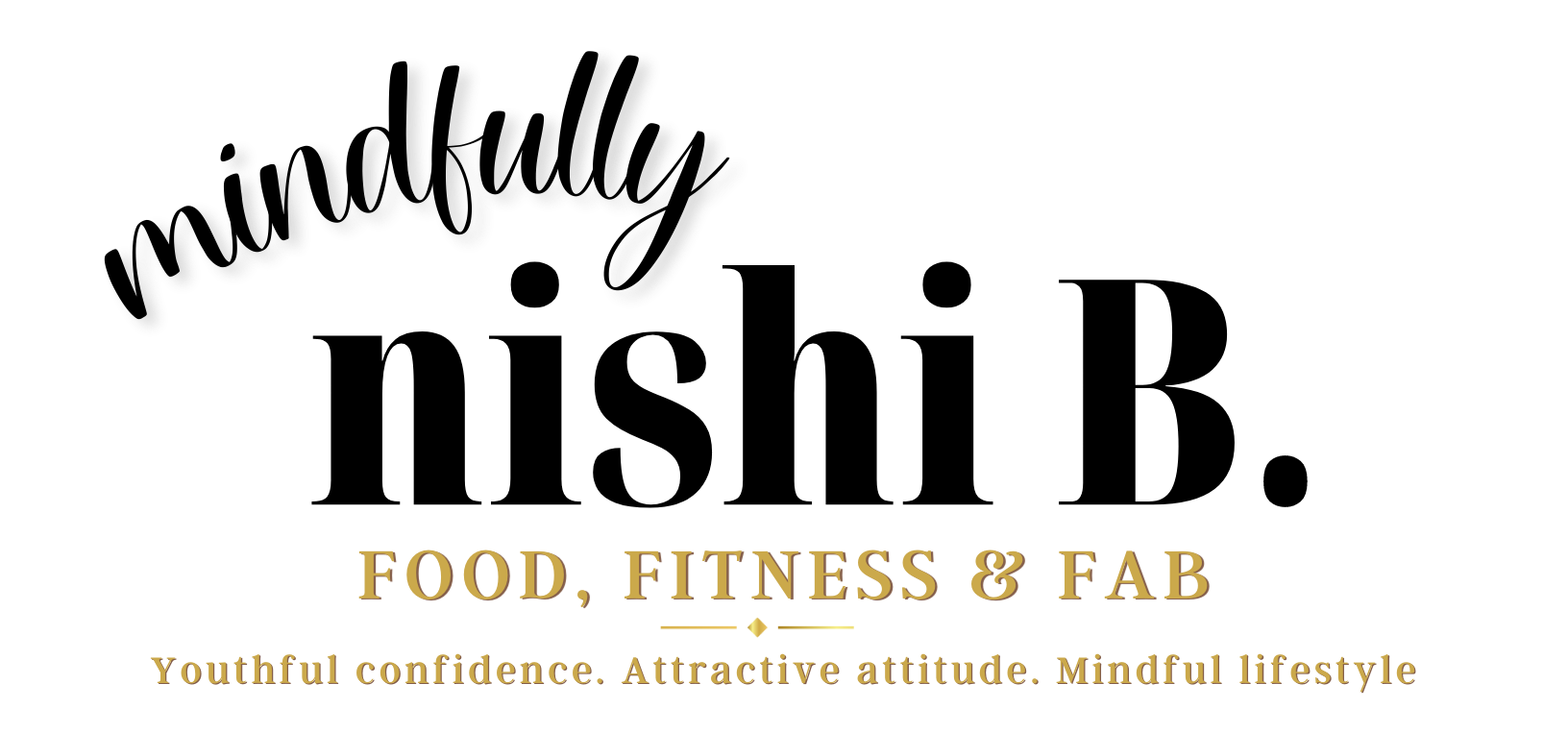Challenging oneself is a good approach to study about ones ability to learn and grow.
Any strenuous activity especially physical demands a fit body, a fit mind and fitter lifestyle.
A “fit body” generally refers to a body that is in good physical condition, characterized by a healthy balance of muscular strength, cardiovascular endurance, flexibility, and a healthy body composition (which typically means a low percentage of body fat and a higher percentage of lean muscle mass). Here are some key aspects of a fit body:
- Muscular Strength: A fit body has strong muscles, allowing individuals to perform everyday tasks without strain and participate in physical activities with ease.
- Cardiovascular Endurance: A fit body has a strong heart and lungs, allowing for efficient circulation of blood and oxygen during physical activities. Good cardiovascular endurance improves stamina and reduces the risk of heart-related diseases.
- Flexibility: Flexibility refers to the range of motion in your joints and muscles. A fit body is flexible, which can improve posture, reduce the risk of injuries, and enhance overall movement.
- Healthy Body Composition: A fit body has a balanced body composition, which means having a low percentage of body fat and a higher percentage of lean muscle mass. This balance is important for overall health and reduces the risk of obesity-related diseases.
- Balance and Coordination: A fit body often exhibits good balance and coordination, which are crucial for stability and injury prevention, especially as people age.
- Proper Nutrition: A fit body is fueled by a balanced and nutritious diet. Proper nutrition provides the body with essential vitamins, minerals, and energy to support physical activities and overall well-being.
- Adequate Rest and Recovery: A fit body requires sufficient rest and recovery time. Quality sleep and adequate recovery periods between workouts are essential for muscle repair and overall physical health.
A “fit mind” generally refers to a state of mental and emotional well-being. It means having a healthy and resilient mind that is capable of handling life’s challenges, coping with stress, and maintaining a positive outlook. Here are some key aspects of a fit mind:
- Mental Health: A fit mind implies good mental health. This means having a state of emotional well-being in which an individual can cope with the normal stresses of life, work productively, and contribute to their community.
- Emotional Resilience: A fit mind is resilient in the face of adversity. It can bounce back from setbacks, cope with difficult situations, and maintain a balanced emotional state.
- Positive Mindset: Having a fit mind often involves cultivating a positive mindset. This doesn’t mean ignoring negative aspects of life but rather having the ability to approach challenges with optimism, finding solutions, and focusing on the good aspects of life.
- Cognitive Fitness: Cognitive fitness refers to the ability to think clearly, learn and remember information, solve problems, and make decisions. A fit mind is mentally sharp and active.
- Mindfulness: Being aware of the present moment and accepting it without judgment is a significant aspect of a fit mind. Mindfulness practices can help reduce stress and improve overall mental well-being.
- Physical and Mental Balance: Physical activity, proper nutrition, and adequate sleep contribute not only to physical fitness but also to mental fitness. Regular exercise and a balanced diet can positively impact mood, memory, and overall mental function.
- Continuous Learning: Keeping the mind engaged through learning, whether it’s acquiring new skills, reading, or pursuing hobbies, is essential for mental fitness. Continuous learning stimulates the brain and promotes mental agility.
Remember that mental fitness is a holistic concept and can mean different things to different people. It’s important to find what works best for you in terms of managing stress, staying positive, and maintaining good mental health. If you are struggling with your mental well-being, it’s advisable to seek support from mental health professionals or counselors.
A fit lifestyle encompasses a set of habits, behaviors, and choices that prioritize physical, mental, and emotional well-being. It involves maintaining a balanced approach to exercise, nutrition, rest, and overall self-care. Here are some key components of a fit lifestyle:
- Regular Exercise: Engaging in regular physical activity is a fundamental aspect of a fit lifestyle. This can include a mix of cardiovascular exercises (such as walking, running, swimming), strength training (using weights or bodyweight exercises), and flexibility exercises (like yoga or stretching). Exercise improves cardiovascular health, muscular strength, flexibility, and overall endurance.
- Healthy Eating: A fit lifestyle involves consuming a balanced and nutritious diet. This means incorporating a variety of fruits, vegetables, whole grains, lean proteins, and healthy fats into meals. Avoiding processed foods, sugary drinks, and excessive amounts of unhealthy fats and sugars is important for overall health.
- Adequate Sleep: Quality sleep is crucial for physical and mental recovery. A fit lifestyle includes getting enough rest, which typically means 7-9 hours of sleep per night for adults. Quality sleep supports muscle recovery, cognitive function, and emotional well-being.
- Stress Management: Chronic stress can have negative effects on physical and mental health. Practicing stress-reducing techniques such as meditation, deep breathing exercises, hobbies, or spending time in nature can help manage stress levels and promote relaxation.
- Hydration: Staying properly hydrated is essential for various bodily functions, including digestion, circulation, and temperature regulation. Drinking an adequate amount of water throughout the day is a key aspect of a fit lifestyle.
- Mindfulness and Mental Health: A fit lifestyle involves taking care of mental and emotional well-being. Practicing mindfulness, self-reflection, and seeking support from mental health professionals when needed are important for overall emotional health.
- Moderation and Balance: A fit lifestyle often involves moderation in all aspects, including diet, exercise, work, and leisure activities. Balancing work, family, social life, and personal time is crucial for overall life satisfaction and well-being.
- Continued Learning and Growth: A fit lifestyle includes stimulating the mind through continuous learning, whether it’s acquiring new skills, reading, or engaging in creative pursuits. Mental stimulation is important for cognitive health.
- Social Connections: Maintaining positive social connections and relationships with friends, family, and community can contribute to a sense of belonging and emotional well-being.













